In Trinidad and Tobago, many of our English Creole proverbs have French Creole (Patois) roots, which in turn have West African roots. Here are some Patois/Creole proverbs collected and published by John Jacob Thomas in 1869 (pages 121-127 of The Theory and Practice of Creole Grammar). See Robertson and Carter 2012 on using proverbs in education, and Allsopp 2006 on the Afrogenesis of Caribbean proverbs.
Here they are organised by themes (fauna, body parts and miscellaneous, in alphabetical order), with Thomas’ original orthography, followed by a modern standardised orthography (standard GEREC-1) (in italics), and Thomas’ translation into English (in bold).
FAUNA
Bèf
- Bèf pa jamen ka di savan “mèsi.”
- Bêf pas jamain ca dîe savane, “mêci.”
- Ox never tells the pasture, “thank you.”
- Pa fòt lang ki fè bèf pa sa palé.
- Pas fôte langue qui fair bêf pas sa pâler.
- It is not for want of tongue that ox cannot speak.
- Sé nan tan lapli bèf bizwen latjè-li.
- Cé nans temps laplîe bêf bisoèn laché li.
- It is in rainy season that the ox has need of his tail.
Chouval
- Bon bouch ka ganyen chouval a kwédi.
- Bon-bouche ca gañèn chouvals à-crédit.
- Fair words buy horses on credit.
- Jan ki ka ba ou konsèy ganyen chouval gwo bouden nan louvenay, nan kawèm pa ka widé ou nouwi li.
- Gens qui ca bâ ous conseï gañèn chouval gouos boudins nans lhouvênaie, nans carême pas ca rider ous nourî li.
- They who advise you to buy a big-paunched horse in the rainy season (when grass is abundant) don’t help you to feed him in the dry season (when grass is scarce).
Chyen
- Menm baton ki bat chyen nwè-la pé bat chyen blan-la.
- Même baton qui batte chein noèr la pé batte chein blanc la.
- The same stick that beat the black dog can beat the white.
- Dèyè chyen, sé “chyen”; douvan chyen sé “misyé chyen”.
- Dêïèr chein, cé “chein”; douvant chein sé “missier chein”.
- Behind dog’s back, it is “dog”; But before dog, It is “mister dog.”
- Voyé chyen, chyen voyé latjé-li.
- Voyer chein, chein voyer laché li.
- Send dog, dog sends his tail.
- Palé twòp ka lévé chyen nan donmi.
- Pâler touop ca léver chein nans dômi.
- Too much talking rouses the watchdog from sleep.
- Ou ponkò twavèsé lawivyè, pa jiwé maman kayman.
- Ous pôncor travesser läîvièr, pas jirez maman caïman.
- You have not yet crossed the river, do not curse the crocodile’s mother.
Koulèv
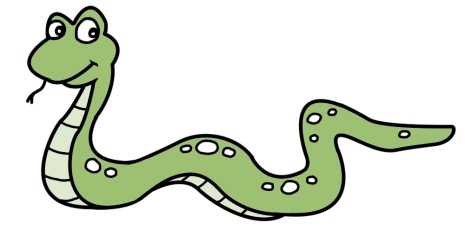
- Si koulèv pas té fonté, fanm sé pwend li fè wiban jip.
- Si coulève pas té fonté, femmes sé pouend li fair ribans jipes.
- If the adder were not so brazen (dangerous) women would take it for coat-strings.
Kwapo
- Si kwapo di ou kayman tini malzyé, kwè li.
- Si crapaud die ous caïman tinî malziex, coèr-li.
- If the frog tells you the crocodile has sore eyes, believe him.
- Sé lang kwapo ki ka twahi kwapo
- Cé langue crapaud qui ca trahî crapaud.
- It is the frog’s own tongue that betrays him.
- Kwapo pa tini chimiz, ou vlé li pòté kaneson!
- Crapaud pas tinî chimise, ous vlé li poter caneçon!
- Frog has no shirt (the necessary) and you wish him to wear drawers (the superfluous)!
Kwab
- Kwab pa maché, li pa gwa; li maché twòp é li tonbé nans chodyè.
- Crabe pas mâcher, li pas gras; li macher touop, et li tomber nans chôdièr.
- Crab has not walked, he is not fat; he has walked too much, and has fallen into the pot.
Léfan
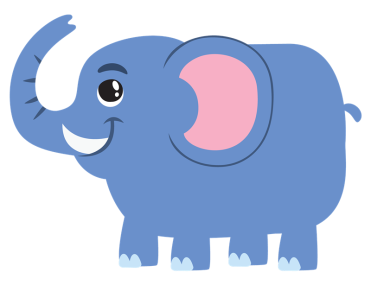
- Si léfan pa té sav boyo-li gwo, li pa sé valé kalbas.
- Si léphant pas té save boyaux li gouos, li pas sé valer calebasses.
- Had the elephant not known the size of his intestines, he would not have swallowed calabashes.
Makak
- Makak pa jamen ka di ich-li lèd.
- Macaque pas jamain ca dîe iche li laide.
- Monkey never says its young is ugly.
- Makak kawésé ich-li twòp, li fouwé dwèt nan zyé-li.
- Macaque caresser iche li touop, li fourer doègt nans ziex li
- The monkey fondling its young too much, has (at length) poked her finger into its eye.
- Makak konnèt ki bwa li ka monté.
- Macaque connaîte qui bois li ca monter.
- Monkey knows what tree to climb.
- Badnen byen épi makak, men pwengad manyen latjé-li.
- Badnèn bien épîs macaque; main pouèngâde mañèn laché li.
- Joke freely with the monkey; but beware of handling his tail.
- Mizè ka fè makak manjé piman.
- Misèr ca fair macaque manger piments.
- Want makes monkey eat pepper.
Poul
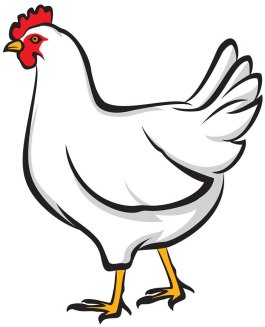
- Wavèt pa jamen wézon douvan poul.
- Ravette pas jamain tnî raison douvant poule.
- Cockroach never is in the right where the fowl is concerned.
- Sé lè van ka vanté moun ka wè lapo poul.
- Cé lhèr vent ca venter moune ca ouèr lapeau poul.
- It is when the wind is blowing that we see the skin of a fowl.
Zandoli
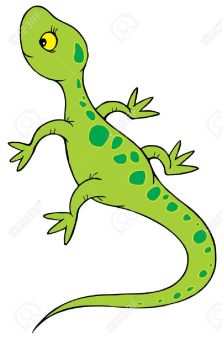
- Si zandoli té bon viand li pa sé ka dwivé.
- Si zandoli té bon viâne li pas sé ca driver.
- If the lizard had eatable flesh, it would not be so common.
PARTS OF THE BODY
Dan

- Manjé yon fwa pa ka wizé dan.
- Manger yon fois pas ca riser dents.
- Eating once does not wear out teeth.
- Dan pa jamen wi bon bagay.
- Dents pas jamain rîe bons baggaïes.
- Teeth never laugh at things that are good.
- Dan pa ka pòté dèy.
- Dents pas ca poter dëî.
- Teeth do not wear mourning.
- Dan pa tjè.
- Dents pas chêrs.
- Teeth are not hearts.
Zowèy
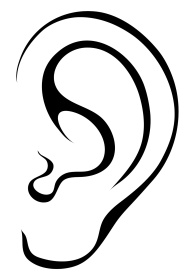
- Benyen ich moun, men pa lavé dèyè zowèy-yo.
- Baignèn iches mounes, main pas lavez dêièr zorèîes yeaux.
- Bathe people’s children but do not wash behind their ears.
- Wazyé tini zowèy.
- Rasiers tinî zoreîes.
- Bush has ears.
- Kozé sé manjé zòwèy.
- Causer cé manger zoreîes.
- Conversation is the food of the ear.
Zyé
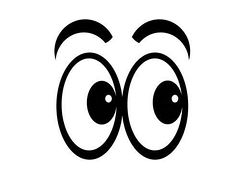
- Twavay pa mal; sé zyé ki kapon.
- Traväî pas mal; sé ziex qui capons.
- Work is not hard; it is the eyes that are cowards.
- Bagay ki fè zyé fè né.
- Baggaïe qui fair ziex fair nez.
- Whatever affects the eye affects the nose.
MISCELLANEOUS
- Kouwi pa lèd, tan lafòs pa la.
- Cououî pas laide, temps lafôce pas là.
- To run away is not ugly, when one has no strength.
- Kouyonad sé pa limonad.
- Couyenade cé pas limonade.
- Nonsense is not sugar-water.
- Kanawai vlé wi chodyè.
- Canari vlé rîe chôdièr.
- The clay-pot wishes to laugh at the iron-pot.
- Yon dwèt pa sa pwand pis.
- Yon doègt pas sa pouend pices.
- A single finger cannot catch fleas.
- Dousman dwèt.
- Doucement doète.
- Slow and straight.
- Jan fenyan ka mandé twavay épi bouch, men tjè-yo ka pwiyé Bondyé pou yo pa touvé.
- Gens féñants ca mander traväî épîs bouche, main chêrs yo ca pouier Bondié poû yeaux pas touver.
- Lazy people ask for work with their lips, but their hearts beg God to prevent their getting it.
- Fè pou fè pa mal.
- Fair poû fair pas mal.
- Do for do is not hard.
- Jan bon-tan ka alé di gouvèné bonjou.
- Gens bon-temps ca aller dîe gouvêner bonjoû.
- Idle people go to wish the governor good day.
- Lagè vèti pa ka pwand vyè nèg nan kabawé.
- Lagêr vêti pas ca pouend viéx nègues nan cabarets.
- A war that is threatened does not overtake old Negroes in the grog-shop.
- Gwès pa tini santiman.
- Graisse pas tinî sentiment.
- Fat has no sentiment.
- Sé kouto ki konnèt sa ki nan tjè jiomou.
- Cé couteau qui connaîte ça qui nans chêr geomou.
- It is the knife that knows what is in the heart of the pumpkin.
- Hay moun, men pa bay yo panyen pou chayé dlo.
- Häî moune, main pas bâ yeaux pañèn poû châïer dleau.
- Hate people, but don’t give them baskets to fetch water.
- Jaden lwen, gonbo gaté.
- Jâdin loèn, gombo gâter.
- The garden far, the ochro spoils.
- Tan moun konnèt lòt nan gwanjou, nan nwit yo pa bizwen chandèl poû kléwé yo.
- Temps moune connaîte lôte nans grand-joû, nans nouite yeaux pas bisoèn chandelle poû clérer yeaux.
- When a person has known another in the day-time, he does not need a candle to recognise him at night.
- Liann yam ka mawé yam.
- Liane yame ca mârer yame.
- The yam vine ties the yam.
- Maman ka fè ich, mé pa tjè-yo.
- Mamans ca fair iches, mais pas chêrs yeaux.
- Mothers make (beget) children, but not their hearts.
- Malhè pa ka chajé kon lapli.
- Malhèrs pas ca châger con laplie.
- Accidents do not threaten like rain.
- Ki mélé zé nan kalenda wòch?
- Qui méler zéfs nans calenda ouôches?
- What business have eggs in the dance of stones?
- Ki mélé wòz nan paké bwa Jak?
- Qui méler rose nans paquet bois Jacques?
- What business has a rose in Jacques’ bundle of wood?
- Palé pa wimèd.
- Pâler pas rimède.
- Talking is no remedy.
- Pawòl pa tini koulè.
- Páouôles pas tini coulèr.
- Words have no colour.
- Fo pawòl mò pou moun pé viv.
- Faut paouôles môr poû mounes pé vive.
- Words must die that men may live.
- Sé soulyé tousèl ki sav si ba tini tou.
- Cé souliers tout-sêl qui save si bas tinî tous.
- Shoes alone know if the stockings have holes.
- Tanbou tini gwan twen pas andidan li vid.
- Tamboû tinî grand train páce en-didans li vide.
- A drum makes a loud noise because it is empty within.
- Tanpé ka ganyen malè sa doublon pa sa géwi.
- Tampée ca gañen malhèrs ça doublons pas sa gérî.
- A penny buys troubles which doubloons cannot cure.
- Nonm mò, zèb ka lévé douvan lapòt-li
- Nômme mort, zêbes ca lever douvant lapôte li.
- The man has died, grass grows before his door.
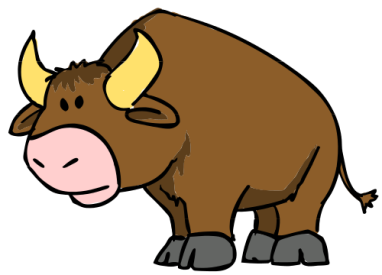
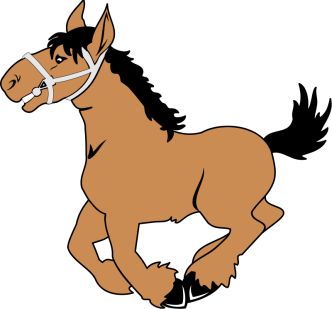
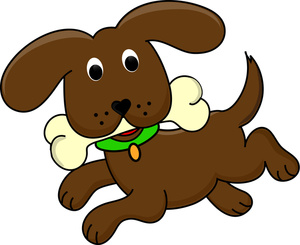
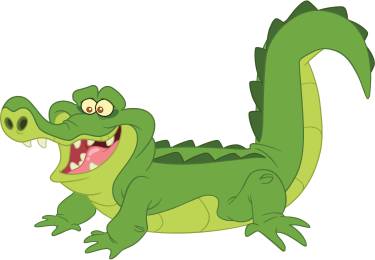
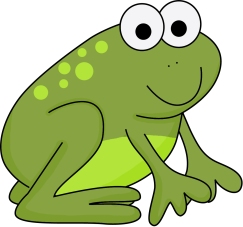
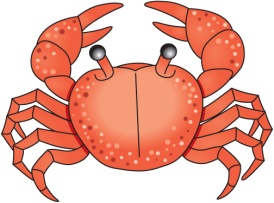
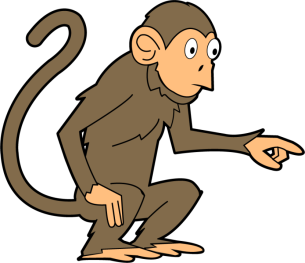
Hi Jo-Anne,
Are all these from JJT? Did he say these were definitely found in Trinidad? (Too lazy this moment to get up and go to my bookshelf! Ay ay!). What is your point with selecting these ones? I assume the second line is JJT’s spelling? And you would like what done with it?
When I clicked on the link, I got a message saying that “languageblag.com recently expired” and urging you to renew.
De ti bo, Lise